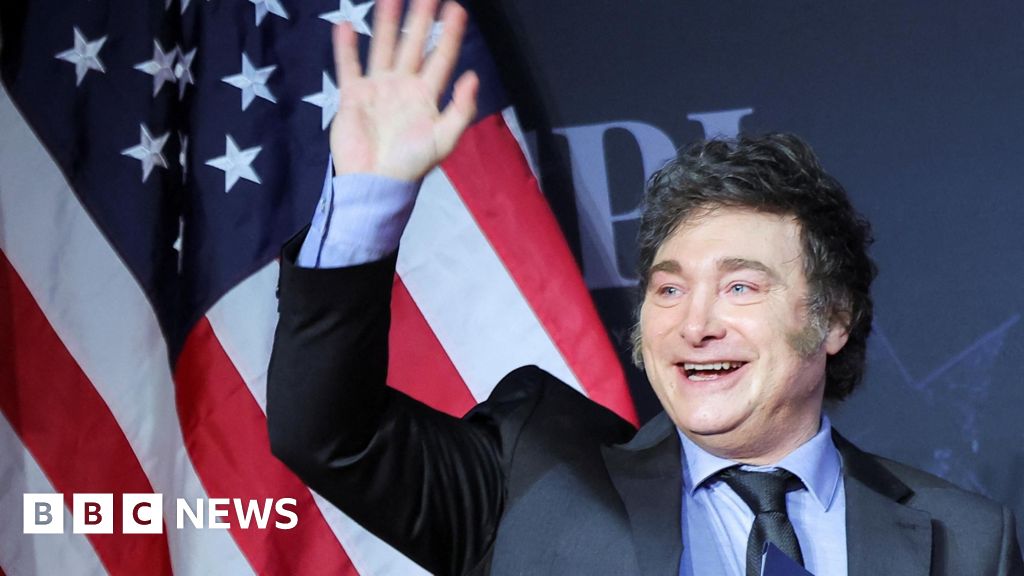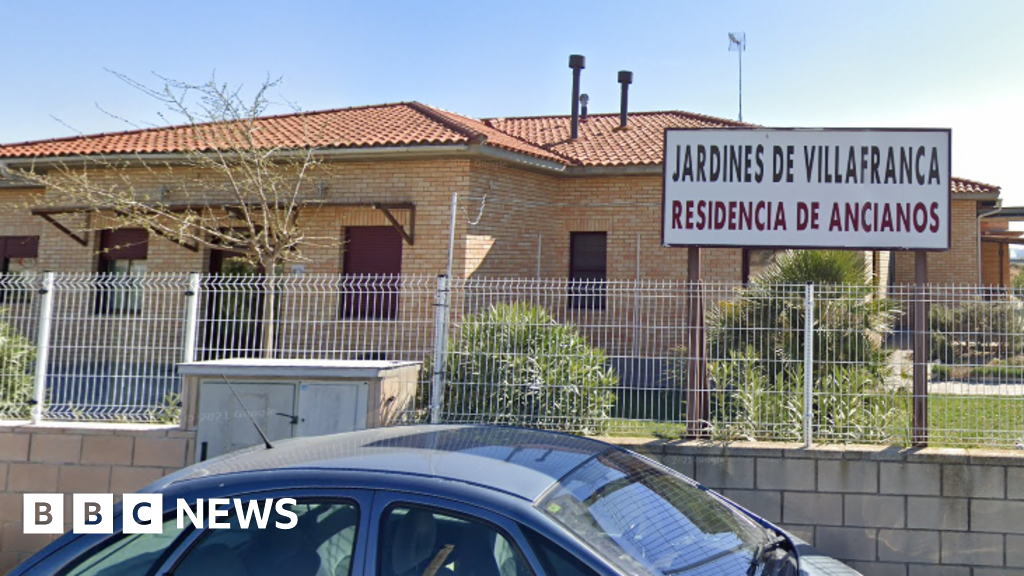ARTICLE AD BOX
image source, Getty Images
image caption, Patrick Zaki had been studying in Italy when he decided to return to Egypt to visit his familyA human rights activist who wrote about his experiences as a Coptic Christian in Egypt has gone on trial on the charge of spreading false news.
Patrick George Zaki is a researcher on gender issues for the Egyptian Initiative for Personal Rights (EIPR).
He was arrested in February 2020 at Cairo airport upon his return from Italy, where he had been studying.
He denies the charge and local rights groups say he is being prosecuted simply for expressing his opinion.
President Abdul Fattah al-Sisi's government has carried out what the groups they have described as a relentless crackdown on any form of dissent since he led the military's overthrow of his predecessor, Mohammed Morsi, in 2013 following mass protests against his rule.
They say tens of thousands of government critics, including human rights defenders, peaceful activists and journalists, have been detained arbitrarily.
Mr Zaki had been studying for a master's degree in Gender and Women's Studies at the University of Bologna when he decided to return to Egypt for a short family visit.
The 30-year-old's lawyers said he was detained at Cairo International Airport by the National Security Agency and held incommunicado for 24 hours.
The lawyers also alleged that he was subjected to torture, including with electric shocks, while being questioned about his activism and the EIPR, which is one of Egypt's leading human rights organisations. The Egyptian government has denied that security forces torture or mistreat detainees.
The following day, prosecutors in the Nile Delta city of Mansoura ordered Mr Zaki's detention pending investigation on terrorism-related charges.
Mr Zaki was eventually indicted on charges of "spreading false news inside and outside of the country", which carries a maximum sentence of five years in prison, based on an opinion piece published on the Daraj news website in July 2019.
The EIPR said the article - entitled Displacement, Killing and Restriction: A Week's Diaries of Egypt's Copts - described his experiences as a Coptic Egyptian and his views on current events affecting the religious minority.
Mr Zaki pleaded not guilty to the charge during a brief hearing at a state security court in Mansoura on 14 September before the trial was adjourned, according to the EIPR.
On Tuesday, his lawyer requested another delay in order to view the case files.
The EIPR and nine other human rights organisations said in a joint statement earlier this month that Mr Zaki was being detained "without legal justification" and that his trial represented "an infringement on the rights of all Egyptians to freedom of expression, and the rights of Christian Egyptians in particular to demand their right to equality both socially and in front of the law".
Italy's government has urged Egypt to release Mr Zaki, but it has so far resisted formal calls by lawmakers to grant him Italian citizenship out of concern that it could have a negative effect on his case.
Relations between the two countries have been strained since the Italian student Giulio Regeni was kidnapped, tortured and murdered in Cairo five years ago. A judge in Rome said in May that four senior Egyptian security officials should face trial over the killing.

 3 years ago
32
3 years ago
32








 English (US)
English (US)